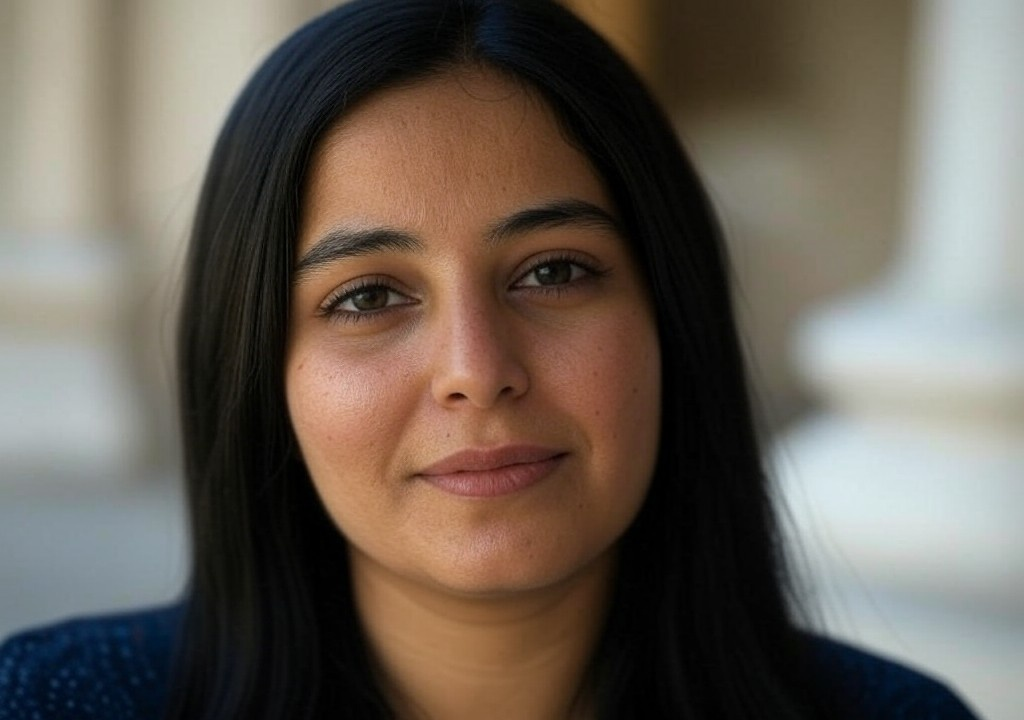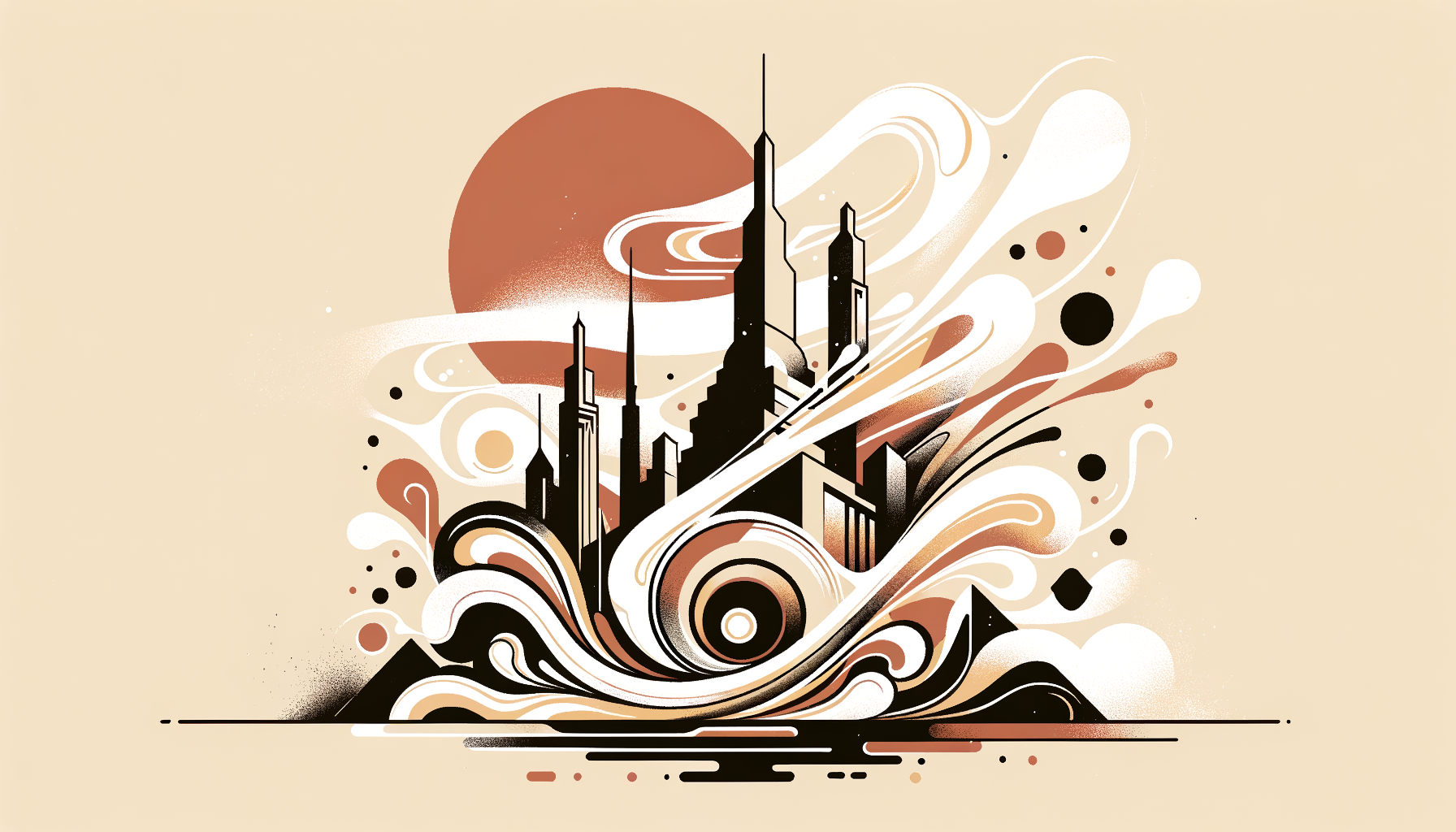The Hook That Reeled Me In
When I say a book changed my life, I don’t mean it gently nudged me toward self-improvement or helped me organize my sock drawer. No, this book cracked open my worldview like a piñata at a particularly competitive birthday party. It tossed my assumptions about love, relationships, and even myself onto the floor, leaving me scrambling to pick up the pieces. If you’d told teenage Zahra, juggling unpronounceable Arabic-French idioms and a head full of rom-com clichés, that an 80-year-old Egyptian man would deliver the pep talk I desperately needed, I’d have rolled my eyes harder than a Parisian waiter. Enter The Cairo Trilogy by Naguib Mahfouz.
This isn’t a love story in the traditional sense—not about candlelight dinners or epic serenades (although why someone hasn't rebooted Umm Kulthum as an AR love guru boggles the mind). Instead, this three-part series introduced me to something much more raw and, dare I say, romantic: the brutal honesty of human relationships and how messy they can be. Messier than my Paris apartment after a weekend feasting on brioche? Oui.
Lesson One: The “Façade of the Family and Other Slight Catastrophes”
When I first opened Palace Walk, the first book in the trilogy, it felt like Mahfouz had cornered me at a family reunion, whispering truths only diaspora kids would understand. The patriarch, al-Sayyid Ahmad, is a man of contradictions—a tyrant at home and a charmer on the streets. He loves his family within the rigid confines of societal expectations, while simultaneously betraying them by flaunting his double life. Growing up as the “nice girl” in a bicultural household, I was overly familiar with the idea of being one thing to your family and another to the world. (How else could I explain Ariana Grande’s unapologetic lyrics to my dad?)
But Mahfouz didn’t let me off the hook with a simple "everyone wears masks, c’est la vie." Instead, he dug deeper: What happens when the mask starts to feel like your face? It forced me to ask myself hard questions—was I being honest about my needs in relationships, or was I just playing the perfect “version” of myself I thought others wanted? Was I fully embracing love, or was I skimming along its surface like an overburdened Eurostar train running on reservation?
For anyone else tangled in the expectations of how to “show up” in a relationship, here’s what I carried away:
- Authenticity is an unaesthetic process. Sometimes it means admitting you’re not perfect—maybe you love rom-coms but secretly hate the Notebook (fight me). Say it anyway.
- Embrace your contradictions. If al-Sayyid Ahmed can be both oppressor and tortured lover, you can be vulnerable without losing strength. For me, this meant owning my soft spot for handwritten notes while still taking no nonsense in conversation.
Lesson Two: Love is (Exhausting) Work
By the time I reached Palace of Desire (book two), I felt like I’d attended both a bar crawl and a symposium. Mahfouz introduces Kamal, al-Sayyid’s dreamy intellectual son, who’s obsessed with perfect, unattainable love. Picture a man chasing a mirage through Cairo’s streets, sweat pouring down his face, clutching a bouquet that’s wilting under Egypt’s fiery sun. Kamal’s infatuation serves as an uncomfortable mirror for anyone (ahem, me) who has ever clung to perfect ideals of love—where partners magically complete your soul and breakfast pastries stay warm. Romantic, but not exactly... real.
The hard truth Mahfouz spelled out? Love isn’t found; it’s cultivated over time. It isn’t built on serendipity or one grand romantic gesture but a thousand small moments of understanding, compromise, and patience. Does that sound less sexy? Maybe. But I’ve lived long enough to tell you: the sexy stuff burns hot and fast; the sturdy stuff keeps you warm.
- Step one: Stop idealizing people. When I read Kamal’s story, I realized I was guilty of doing this on second dates while writing scripts in my head. Partners aren’t characters waiting for you to direct their dialogue—they’re messy, unpredictable, and human (like you).
- Step two: Love doesn’t die in the mundane; it thrives there. My own relationships taught me this. Forget walking into the sunset. Picture someone who checks if you’ve had water today. That’s the love we should idolize.
Lesson Three: Knowing When To Leave the Table
The final book, Sugar Street, is quietly devastating. It chronicles the decline of the family as their choices ripple through generations. What stood out to me most was not the tragedies themselves but the quiet resignation. Some characters doubled down on harmful decisions while others chose to walk away, rebuilding lives on calmer shores. It was a masterclass in understanding the value of letting go—which, if you’re anything like me, seems approximately counterintuitive to the quest for a fulfilling relationship.
I thought back to my years of clinging to connections that had clearly run out of steam. Like the time I stayed in a relationship with a guy whose idea of romance was explaining football stats I had zero interest in. (Reader, I learned everything about the Premier League.) But Mahfouz’s writing reminded me: staying in something that no longer serves you isn’t “loyalty”; it’s fear disguised as virtue.
Here’s your gentle reminder:
- You can mourn something and still move on. Grief and growth can coexist. Stay too long in the wrong relationship, and you’re blocking both.
- Ask the hard questions. Does this connection still bring you joy, or are you simply avoiding the discomfort of a goodbye? Leaving is its own kind of bravery, and it’s as vital as staying when it’s right.
Conclusion: Letting the Pages Shape You
I closed The Cairo Trilogy feeling both rattled and absurdly grateful. It didn’t tie life’s loose ends into neat bows. Instead, Mahfouz offered glimpses of life’s complexities—of how love, family, and self-identity intertwine in ways that are beautiful, challenging, and sometimes painful. Through its tangled 20th-century Cairo streets, this book carved out a space for me to confront my own contradictions and reconsider how I show up in love—not as an idealized partner but as my flawed, evolving self.
And isn’t that the point? To let relationships, like books, change you. No one walks out of a Mahfouz novel the same person who walked in. Likewise, no one emerges from love without a few dents or pearls of wisdom gleaned along the way. Both break you, rebuild you, push you to see the world differently.
So here’s my advice: Find your Cairo Trilogy. It doesn’t have to be a book, but find that thing that challenges your assumptions with all the grace of a chaotic dinner scene—you know, where laughter is echoing, but so are unspoken tensions. Let it teach you. Let it crack you open. Because whether you’re navigating love, life, or choosing between cinnamon and cardamom in your tea (go cardamom, trust me), every great connection—be it with a book or a partner—is an invitation to grow. And isn’t that what we’re all here for?




















